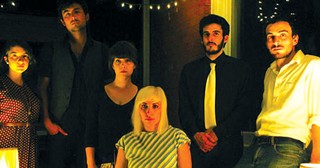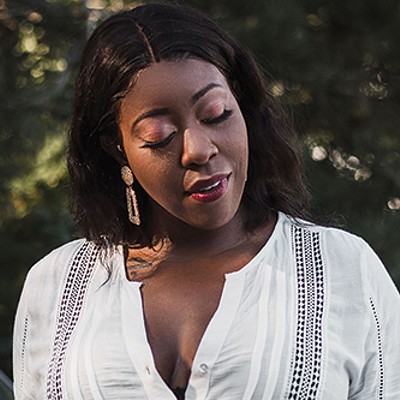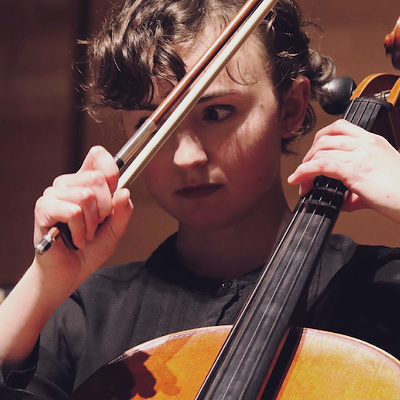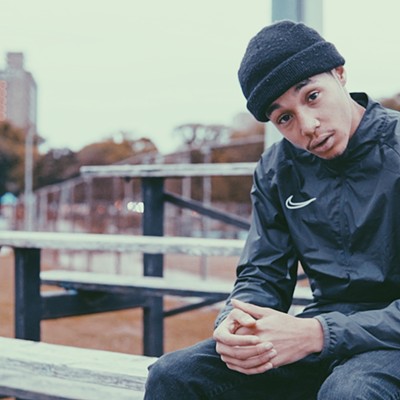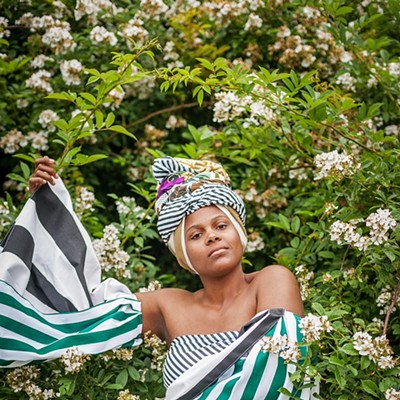It's easy to get lost in Olenka Krakus' voice.
That's not to say that there isn't lots to love about And Now We Sing, the second full-length from Krakus and her band, the Autumn Lovers. But it's the vocals that hit first and hit hardest.
Krakus has one of those magnificent voices that can be whispery and breakable one moment and then quickly shift to a powerhouse, full-volume performance. There's echoes of Cat Power, or perhaps Shara Worden of My Brightest Diamond, but the collision between Krakus' vocal stylings and her Eastern European-influenced alt-folk music never loses its novelty or uniqueness.
"It's been completely intuitive," says Krakus on the phone from her home in London, Ontario, noting she's never had professional lessons. "I'm blind when it comes to knowing how to do that. I've settled into things that my voice can do but every time I try singing something new, or in a way I haven't before, it's a learning experience."
Polish-born Krakus formed Olenka and the Autumn Lovers in 2008 after moving from Vancouver to London to complete her PhD in English literature. The group's initial album and EPs were raw affairs, but the band's sound grew alongside its membership. With And Now We Sing, their multi-instrumental ambition finally comes to fruition: a glorious mix of guitars, cello, violin, mandolin, glockenspiel and more.
"The reason that I'm so happy about this album is that it will finally help people see what we have been doing over the last few years," says Krakus. "The control that I think is manifested in these recordings comes from the fact that we've had a chance to work together for a long time and because I'm constantly drawn to lots of different styles."
The larger sound adds even more layers to Krakus' poetic, melancholy lyrics, full of characters struggling with lingering sadness and pangs of desperation.
"I don't think they're exclusively mournful, but there are definitely songs that are more despairing than others. A lot of the characters I've written are in-between spaces...If there is a thematic unity, it's the way in which different people try to react to the hardships they're faced with."
Her ideas about resilience are strongly influenced by her upbringing. Krakus fled with her family from Communist Poland when she was young; had they stayed, her father would have been thrown into the labour camps for his involvement in the Solidarity movement. "My experience coming out of that political situation gave me a perspective on communism and idealism that is different than people that just learn about communism from textbooks...there's always been kind of a dialogue, a desire to understand how we can inspire a community to support itself in positive ways and what we need to look out for when there are elements in the community that are corrupting it."
And few communities these days are as important to her as that of the London arts scene: She's a leading figure in the Open House Arts Collective, which also releases her band's records.
"It's a really positive, supportive and cooperative community. We're just fortunate enough that we seem to be the spokespeople, as a band, because we're touring a lot more. But there are a lot of amazing people here, and it's really a treat to be part of it."

